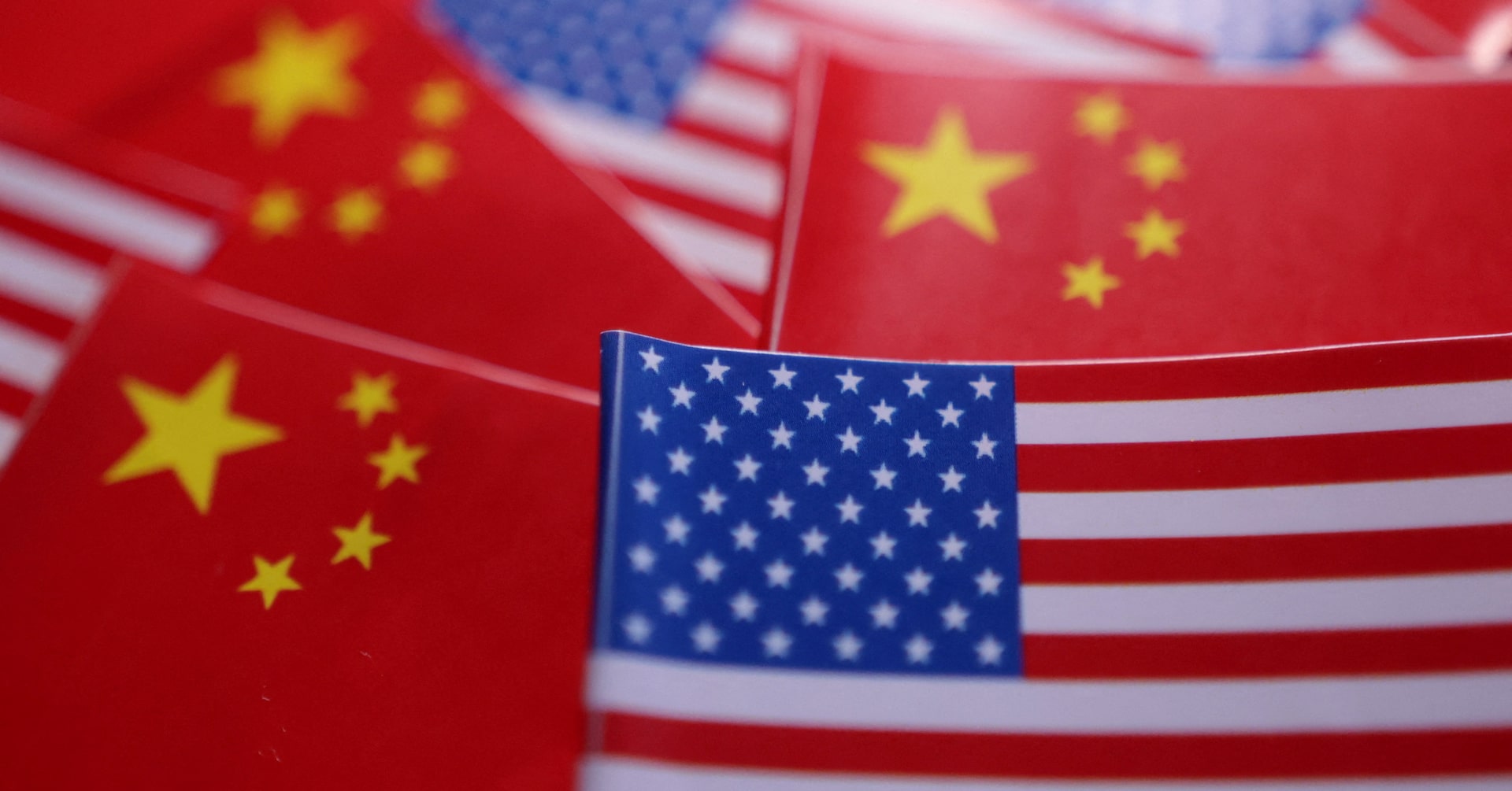The latest round of US-China trade talks, which concluded in London this week, has highlighted both progress and persistent challenges in the economic relationship between the world’s two largest economies. While negotiators from both sides have agreed to maintain a fragile truce and reduce tariffs for a 90-day period, deep-seated concerns remain—particularly regarding trade in critical materials and the electric vehicle (EV) sector, which sits at the intersection of economic strategy and national security.
Delicate Truce and Strategic Bargaining
The talks, following a high-profile phone call between US President Donald Trump and Chinese President Xi Jinping, were aimed at preserving a ceasefire reached in Geneva last month. Both sides agreed to substantially reduce tariffs on each other’s products, temporarily easing tensions that had escalated over issues such as China’s control of rare earth minerals and US restrictions on semiconductor exports.
However, the atmosphere of optimism quickly gave way to renewed anxiety. Two major sticking points dominated the agenda: China’s dominance over rare earth minerals—essential for electronics, EVs, and defense systems—and its access to advanced US semiconductor technology. China’s near-monopoly over these rare earths, which account for about 70% of global mined supply and 90% of refined production, gives it significant leverage in trade negotiations. These minerals are critical for manufacturing electric vehicles, wind turbines, and military hardware.
Rare Earths: Economic Weapon and Supply Chain Risk
China’s recent move to impose export controls on key rare earth elements and magnets has sent shockwaves through global markets, especially in the EV sector. While not a total export ban, the new rules require government approval for each shipment, introducing uncertainty and potential delays for automakers worldwide. The US, highly dependent on these imports, views China’s actions as a strategic economic weapon and a threat to its own manufacturing base.
Analysts warn that any disruption in the supply of rare earths could force some EV factories to halt production, underscoring the vulnerability of global supply chains. In response, the US has sought to persuade China to increase the availability of these materials, offering in return the relaxation of select export controls on US goods, though restrictions on advanced AI chips are likely to remain in place due to national security concerns.
Electric Vehicles: Market Domination and Security Fears
The electric vehicle market illustrates the broader struggle for technological and industrial supremacy. Chinese companies now produce over 60% of the world’s EVs and 80% of its batteries, and have achieved breakthroughs such as ultra-fast charging and longer-range models. These advances have allowed Chinese EVs to undercut competitors on price, flooding global markets—including emerging economies—with affordable options.
For the US, this dominance is not just an economic issue but a security concern. Washington has accused Beijing of unfair subsidies and is wary of the cybersecurity risks posed by Chinese technology embedded in vehicles and infrastructure. There are fears that reliance on Chinese-made EVs and components could expose the US to espionage or cyber-attacks, prompting calls for tighter controls and domestic investment.
Policy Responses and the Road Ahead
To counter China’s advantage, the US has enacted measures like the CHIPS Act and the Inflation Reduction Act, which incentivize domestic semiconductor and EV production while restricting the use of Chinese-sourced materials. These policies aim to rebuild the US industrial base and reduce vulnerabilities in critical supply chains.
Despite these efforts, the US still faces an uphill battle. The global EV market is rapidly consolidating around Chinese manufacturers, and any further escalation in trade or technology restrictions could disrupt the transition to clean energy and impact consumers worldwide.
Conclusion
The London talks mark a cautious step forward in US-China relations, but the underlying issues—strategic resource control, technological rivalry, and national security—remain unresolved. As the electric vehicle market becomes a new arena for geopolitical competition, both sides are likely to continue leveraging their strengths while seeking ways to mitigate mutual vulnerabilities. The outcome of these negotiations will shape not only the future of trade between the US and China but also the global trajectory of clean technology and industrial policy.

